 The 5C Approach
The 5C Approach
Over the past decades, the cement industry has invested heavily in four main levers to reduce direct CO2 emissions: Thermal Efficiency, Fuel Substitution, clinker substitutes and novel clinkers and carbon capture.
Breakthrough technologies further contribute to lowering clinker related emissions.
At the scale of the cement industry, even small changes can make a big difference.
Doing more with less clinker or making clinker more efficient in cements has been very successful, and research into activating other, less carbon intensive, elements is also looking very promising.
The carbon footprint per tonne of concrete can be further reduced by using low-clinker cement, using it more efficiently, optimising the mix, aggregate packing, and fine-tuning additives, whilst helping to deliver the same performance and strength.
The Global Alliance for Buildings & Construction identified several levers available to achieve this, including: nearly-zero energy buildings (nZEBs), deep renovation, better building management, and production of low-carbon energy. Cement and concrete have a very significant role to play in each of these.
A little-known fact about cement is that it is a carbon sink!
Hydrated cement used in concrete or mortars naturally absorbs CO2 during its lifetime, a process known as (re)carbonation, thus removing carbon from the atmosphere. This permanently locks CO2, providing a stable long-term CO2 storage solution.
5 Parallel Routes
Resource Efficiency
Use of alternative fuels like biomass or waste materials has an immediate impact on the industry’s carbon profile.
Energy Efficiency
Replacing older plants with more modern and efficient technologies and continually modernising existing plants will result in improved electrical performance.
Carbon sequestration and reuse
One long-term solution is carbon capture, whereby CO2 is captured at the source and then re-used or stored.
Product Efficiency
After cement manufacturing, several techniques and processes are used that further improve the environmental performance of concrete.

5 Years on…
Discover the follow up on our initial report on the role of Cement in the low carbon economy that looks at the bigger picture of the European construction sector as a whole....
Read more

The Role of Cement in the low Carbon Economy
Learn more on the how the the European cement industry can reduce its emissions en contribute to the lower carbon economy....
Read more
